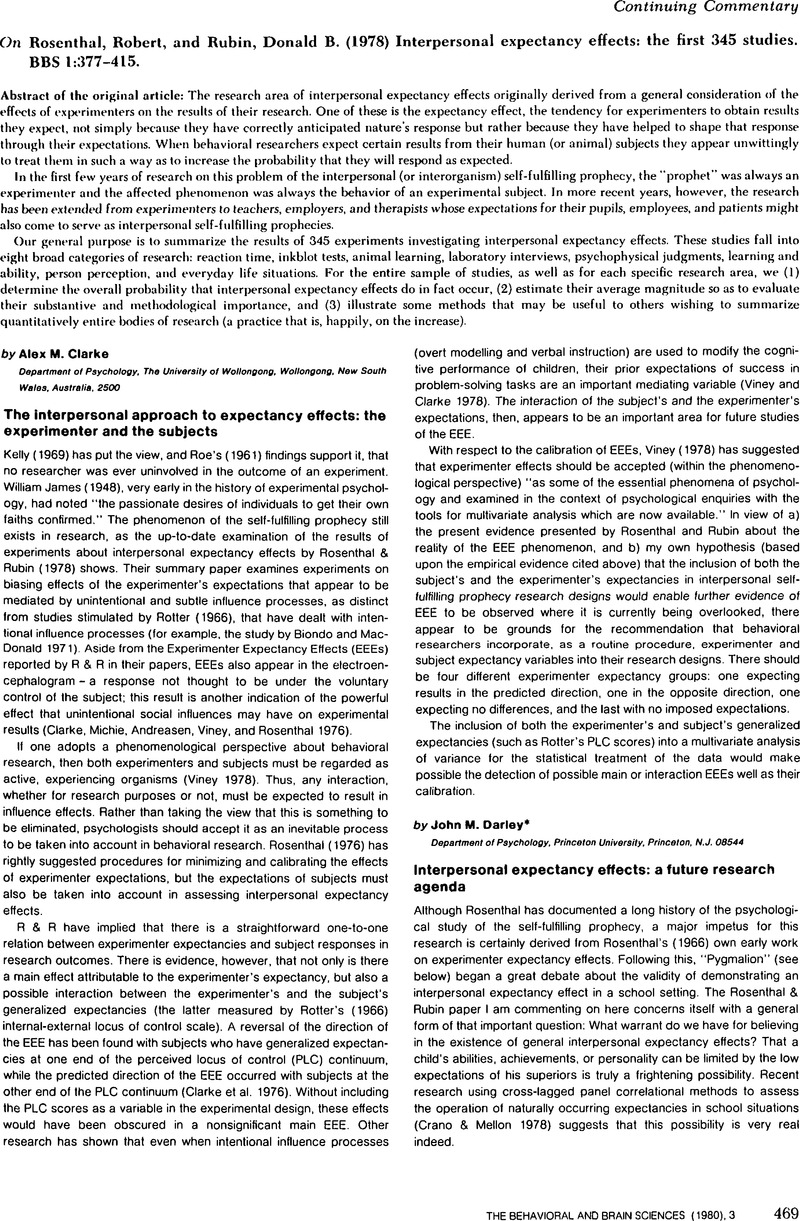Crossref Citations
This article has been cited by the following publications. This list is generated based on data provided by Crossref.
O’Donnell, Francis
and
Sireci, Stephen G.
2022.
Language Matters: Teacher and Parent Perceptions of Achievement Labels from Educational Tests.
Educational Assessment,
Vol. 27,
Issue. 1,
p.
1.



